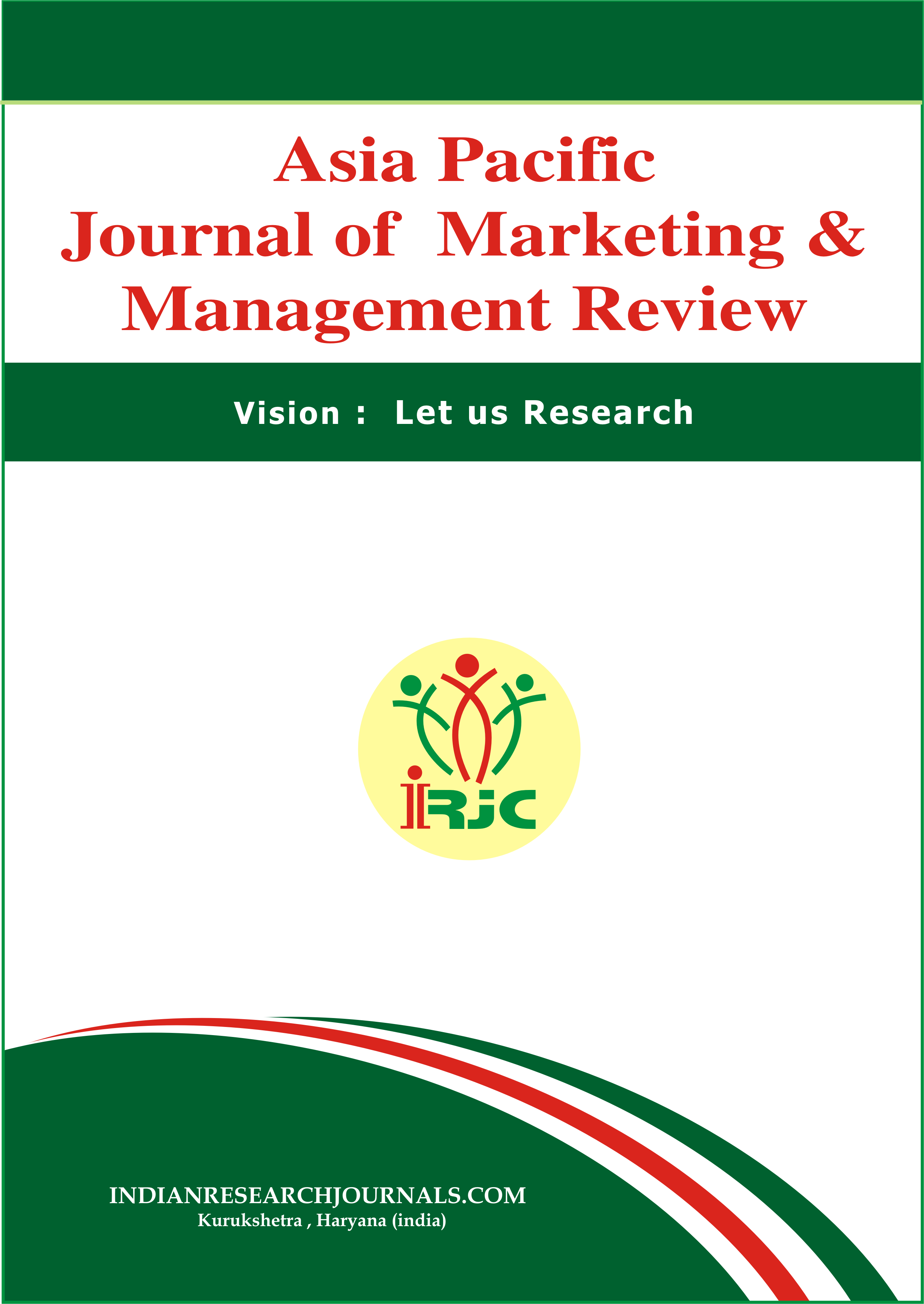THE NON-LINEAR RELATIONSHIP BETWEEN INFLATION AND ECONOMIC GROWTH
Keywords:
Economic growth, Gross Domestic Product (GDP), inflation, sustainable economic developmentAbstract
Economic growth refers to an increase in a country's real Gross Domestic Product (GDP) over time. According to the World Bank (2023), the global average economic growth rate was 2.6% in 2022.
Inflation, on the other hand, is defined as a sustained increase in the general price level of goods and services in an economy over a period of time. The International Monetary Fund (2023) reports that the average inflation rate for advanced economies was 1.7% in 2022.
The relationship between inflation and economic growth is complex and multifaceted. According to a study by the Organisation for Economic Co-operation and Development (OECD, 2023), there is a positive relationship between low and stable inflation and strong economic growth, while high inflation can lead to lower economic growth.
References
Asaduzzaman, M. (2021). Relationship Between Threshold Level of Inflation and Economic Growth in Bangladesh: A Multivariate Quadratic Regression Analysis. SSRN Electronic Journal.
Tarawalie, A. B., & Kamara, F. (2022). Inflation and growth nexus: An estimate of the threshold level of inflation in Sierra Leone. Applied Economics and Finance, 9(2), 1-12.
Azam, M., & Khan, S. (2022). Threshold effects in the relationship between inflation and economic growth: Further empirical evidence from the developed and developing world. International Journal of Financial Economics
Anyanwu, J. C. (2014). Factors affecting economic growth in Africa: Are there any lessons from China? African Development Review, 26(3), 468-493.
Nistor, P. (2014). FDI and economic growth, the case of Romania. Procedia Economics and Finance, 15, 577-582.
Downloads
Published
Issue
Section
License
Copyright (c) 2024 GEJournals

This work is licensed under a Creative Commons Attribution-NonCommercial-NoDerivatives 4.0 International License.





